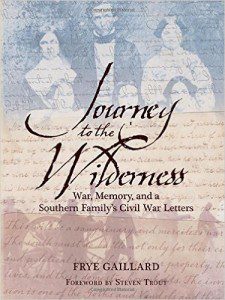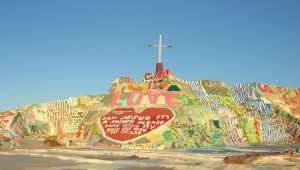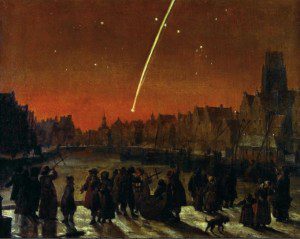In my last post, I described the extreme climatic conditions that formed the background of the Great Awakening as it developed between 1739 and 1742. To give an idea of this period as it affected one area of New England, this is an extract from a well known source, namely Joshua Coffin, A Sketch Of The History Of Newbury, Newburyport, And West Newbury, From 1635 To 1845 (1845). Witness the repeated remarks that this was the worst winter ever remembered... Read more
















